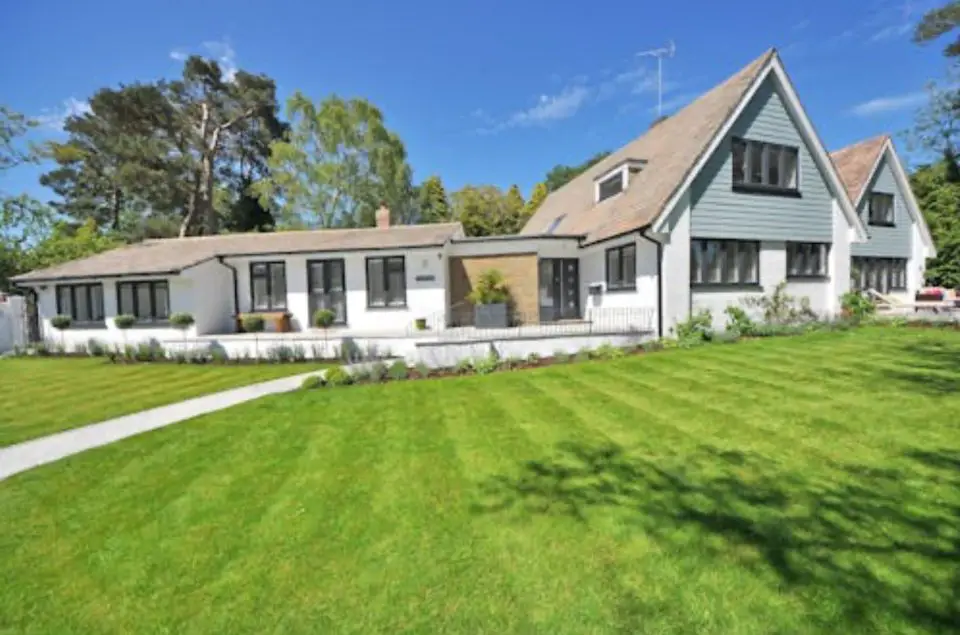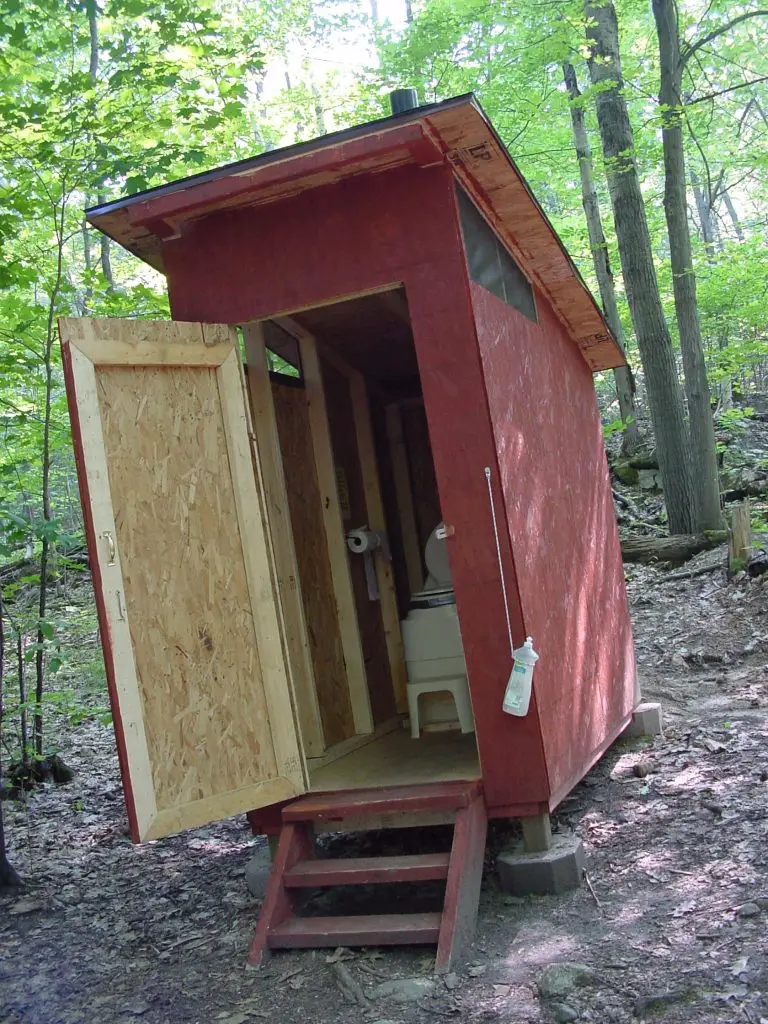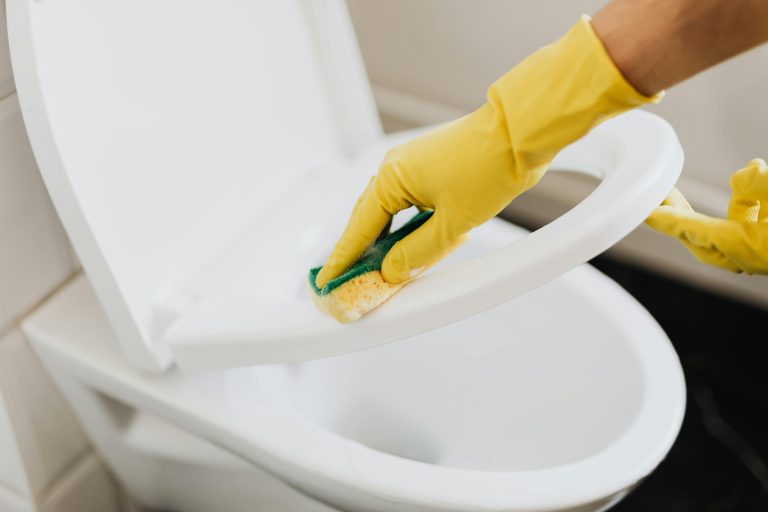
Owning a home is an exciting milestone, but it also comes with significant financial responsibility. While many buyers focus on the immediate costs of purchasing property, such as the down payment, they often overlook the hidden expenses that add up over time. From ongoing mortgage payments to unforeseen repairs, homeownership involves more than just the initial purchase price. It’s crucial to understand these additional costs and plan accordingly, as they can have a lasting impact on your budget. Here’s how you can navigate the future financial commitments confidently:
Initial Costs of Buying a Home
The upfront costs of acquiring a property can be overwhelming for first-time owners. It’s not just the price of the house that you need to consider; there are also numerous other expenses involved in the process. The down payment, which typically ranges from 5% to 20% of the home’s price, is often the largest initial cost. In addition to that, there are closing costs, which can include fees for legal services, title insurance, and home inspections. You’ll also need to factor in the cost of inspections to ensure that the property is in good condition and the fees associated with appraisals and surveys. These costs can total several thousand pounds, depending on the location and complexity of the transaction. Preparing ahead for these expenses can make the transition into homeownership smoother and more predictable.
Financing Your Home
When you secure a loan, it’s important to look beyond the initial costs. A loan can significantly affect your monthly budget and long-term financial stability. Many lenders and online platforms offer various types of home loans, each with different interest rates, terms, and conditions. They offer mortgages with competitive interest rates and flexible terms to suit different financial needs. They provide an option to tailor your loan to your individual circumstances, which can help manage monthly payments without overburdening your finances. By selecting the right loan, you can ensure that your budget remains on track as you navigate the ongoing costs of homeownership, from routine maintenance to taxes and utilities.
Ongoing Property Taxes and Insurance
Once you’ve settled into your new home, there are two ongoing expenses that often catch people by surprise: property taxes and homeowners’ insurance. Property taxes vary based on the location and value of the home and can significantly impact your monthly budget. On average, property taxes can range from 1% to 3% of the home’s value each year, which means for a $200,000 home, you might pay anywhere from $2,000 to $6,000 annually. Homeowners’ insurance is another essential expense to factor in. This insurance protects your property against damage from natural disasters, theft, and accidents, and can cost several hundred pounds per year, depending on the type of coverage and the area you live in. It’s important to shop around for insurance options to ensure you get the best coverage for the most affordable price.
Maintenance and Upkeep Expenses
Owning a property means regular maintenance is a necessity to keep things in good working order. From simple tasks like cleaning gutters to more complex maintenance such as servicing your heating system, these costs can add up quickly. Routine maintenance is essential to avoid costly repairs down the line, and this includes both indoor and outdoor upkeep. You should budget for things like lawn care, pest control, cleaning, and minor repairs that can prevent larger problems in the future. It’s advisable to set aside at least 1% of your home’s value annually for general upkeep. This proactive home maintenance approach will save you money in the long run and extend the life of your property’s key systems.
The Cost of Renovations and Home Improvements
While homeownership offers the freedom to personalize your space, renovations can be a significant expense many homeowners don’t fully anticipate. Home improvements can range from simple cosmetic updates like new flooring and painting to more substantial projects such as adding extra living space or kitchen remodels. These types of changes can quickly become expensive, with renovation costs varying greatly depending on the scope of the work. It’s essential to budget for these projects carefully and avoid overextending your finances. If you’re thinking about making improvements, consider starting with smaller projects that provide a good return on investment, such as upgrading fixtures or enhancing curb appeal, before committing to larger renovations.
Unexpected Repairs: Plumbing, Electrical, and HVAC
One of the more frustrating aspects of homeownership is dealing with unexpected repairs, particularly those related to plumbing, electrical systems, and HVAC units. These essential systems can break down without warning, leading to costly repairs. Plumbing issues, such as clogged drains or leaking pipes, are common and can lead to water damage if not addressed promptly. Electrical problems, including faulty wiring or issues with the circuit breaker, can be dangerous and require professional attention. HVAC systems, especially in older homes, may require costly repairs or replacements to maintain consistent heating and cooling. It’s important to factor in these potential repair costs and set aside an emergency fund. Regular inspections of these systems can help you catch problems early, preventing major issues and costly emergency fixes.
The True Cost of Homeownership Beyond the Mortgage
While many homeowners focus on their mortgage payment, the full cost of owning a property goes far beyond just the monthly loan repayment. Ongoing expenses like electricity, gas, and water bills, as well as home maintenance, quickly add up. Depending on the size of your home, these utilities can be significant monthly costs. For example, larger homes with more living space generally incur higher heating and cooling costs. Don’t forget about the cost of regular waste disposal, which is typically an ongoing expense. Homeowners should also be prepared for potential increases in utility rates over time. Adding in other costs like pest control, internet, and phone bills, you’ll see that homeownership involves a wide range of regular outlays that should be considered in your monthly budget.
Homeownership is a rewarding experience, but it’s essential to understand the hidden costs involved. From the initial expenses of buying a property to ongoing expenses like taxes, maintenance, and repairs, the financial demands of owning a home go far beyond the mortgage payment. By preparing for these costs and creating a comprehensive budget, you can avoid financial surprises and enjoy a more secure and stable experience. Remember, managing your finances effectively throughout your time as a homeowner requires thoughtful planning, regular maintenance, and budgeting for expected and unexpected expenses. With the right approach, you can ensure that your home remains a positive and fulfilling investment in the long run.












